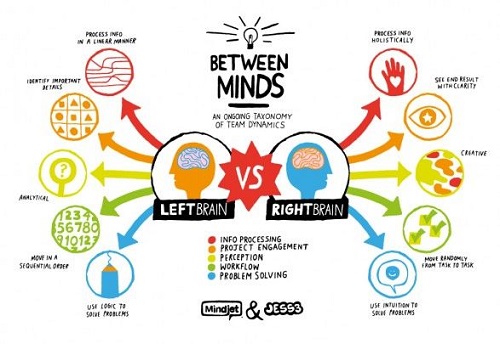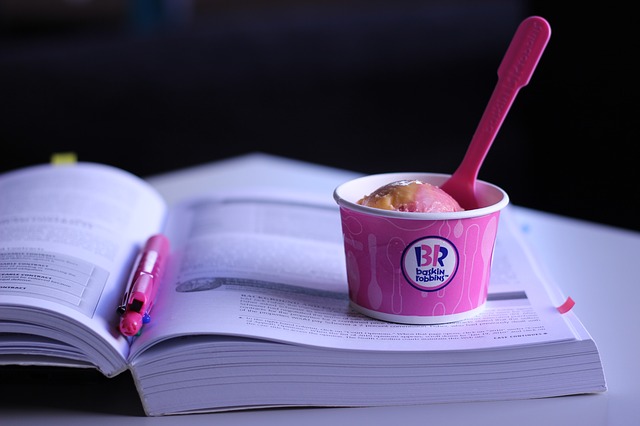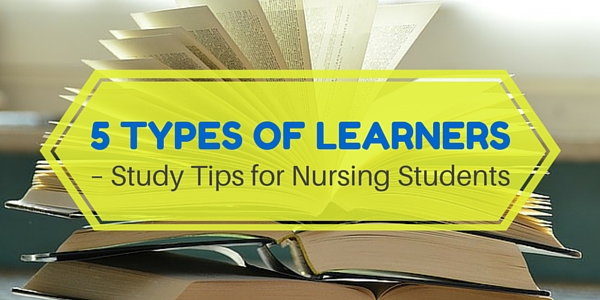Most study tips for nursing students are based on different styles of learning. It is important to know the learning style that works best for you to efficiently maximize your time and resources in studying at school.
Take a look at the following types of learners and assess yourself. Which one are you?
1. Visual Learner
This is the most predominant among all learning styles. Approximately 60% of students learn best through visual cues.
Visual learners prefer pictures, diagrams, graphs, Powerpoint presentations and charts. They retain information as they see it presented before their eyes.
Visual Learning Tips
– Use highlighters when reading books.
Highlighting important information in a selection will help make relevant facts visually stand out so you can easily remember them. It is best to use vividly-colored highlighters for different set of information to categorize the facts you need to keep in mind.
– Rewrite your notes.
Use different colors of pens for headings and bullets. Rewriting your notes using a custom layout will help you in absorbing important information. You can also turn them into presentations if you prefer to see the information organized in a digital format.
– Create flashcards.
The flashcard should contain definitions and tidbits of information relevant to your subject of study. Flashcards are helpful in memorizing important information as you can repetitively review cards and go through the facts you listed there.

Also Read: 120+ Flashcards and Memory Aids for Nurses
2. Auditory Learner
Auditory learners learn best by hearing lectures and instructions. When they read, they often whisper the words to themselves or they read them aloud. They learn most efficiently by listening to podcasts, audiobooks or by discussing the lecture.
However, since they use their auditory skills in retaining important information they can also be easily distracted by noises. They prefer quiet study environments.
Auditory Learning Tips
– Invest more on audiobooks than textbooks.
If an audiobook version is not available, just read your textbooks aloud. You can also record yourself while reading the important sections of your book so you can listen again afterwards.
– When attending lectures, ask permission from your professor if you can record the ongoing discussion.
This will help you in reviewing the lesson afterwards especially when preparing for an examination.
– Study with your friends and form a study group.
Discuss your lessons and compare notes with each other. You can learn a lot from these discussions when you listen to their ideas and opinions about the lesson.

3. Tactile Learner
Tactile learners learn best with their sense of touch. Any activity that makes use of their hands gives them more focus and concentration in learning new things.
You can see typical tactile learners taking down notes or doodling during an ongoing discussion. They also enjoy hand-on learning classes like laboratory and practicum courses.
Tactile Learning Tips
– Always bring a pen and a notebook at school.
Write down as much information as possible in your class.
– When preparing for a test, rewrite your notes into your own words.
When you rewrite notes, you will be able to understand and remember difficult concepts more easily.
– Flashcards are also helpful when memorizing important lessons.
Create your own flashcards and list all the information you need to remember. Whenever you have free time, flip over these flashcards repetitively.
– Don’t resist the urge to draw or doodle during classes.
These activities help in improving focus and memory retention among tactile learners.

Also Read: 15 Educational Nursing Games You Can Play Online
4. Kinesthetic Learners
Kinesthetic learners typically can’t wait for the teacher’s instructions and they jump right ahead to the lesson. They learn best by discovery and trial-and-error. They don’t do well in typical lectures as they retain little information through listening or watching. They slip into action and learn a lot by going through the task right away.
Kinesthetic Learning Tips
– Move around while reading.
Most of the time, the only available option for learning is to read. Kinesthetic learners don’t do well in visual learning but you can compensate by moving around while reading.
– Engage in other activities when studying.
You can eat, tap your feet or create some doodles while reading or writing. These activities may look like distractions but for kinesthetic learners, they help in improving their focus and memory retention.
– Don’t get frustrated when you frequently need breaks while studying.
Kinesthetic learners can’t remain still when studying or else, they will be less efficient in studying.

5. Mixed Learners
Some people are born to be mixed learners. These people have flexibility in their own learning styles. They often do well in two to three styles of learning. Most study tips for nursing students are effective for mixed learners since they can interchange different learning styles while they study.
Mixed Learning Tips
– Determine your most dominant learning style.
Even though you do well in two to three learning styles, there will be one that dominantly works best for you. Use this learning style to learn the most difficult concepts in your classes.
– Plan your own study routine.
You can mix the learning styles that work best for you. Planning which learning style you will employ in a lesson helps in maximizing your efficiency in studying.
– Be time-efficient with your studies.
You will find that one type of learning style may be more appropriate for a specific lesson or project. If this is the case, go ahead and employ what style is more appropriate for the occasion.

Also Read: A Nursing Student’s Guide to Speed Reading
As you discover what type of learner you are, you can be more guided in understanding most study tips for nursing students around. Surviving nursing school is tough at first but as long as you know what study habit works best for you, you have the chance to excel in this rewarding profession.



















